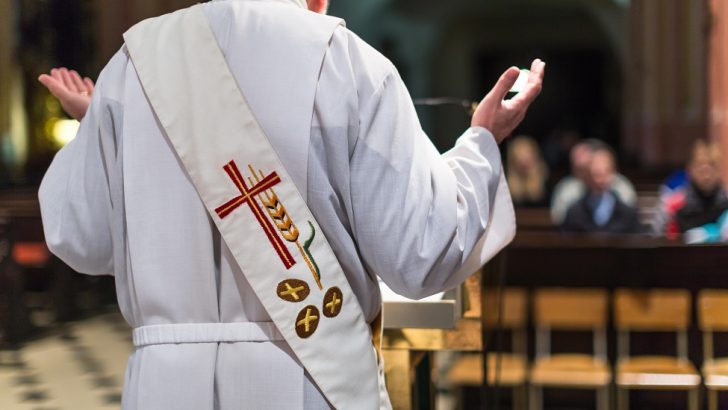Eamon Maher
The year 2011 continued the painful decline of the Catholic Church in Ireland. The publication of the Cloyne Report was followed by an unprecedented attack on the Vatican by the newly elected Taoiseach — and practicing Catholic — Enda Kenny.
For the leader of the Fine Gael party to claim that the Holy See had attempted ”to frustrate an inquiry in a sovereign, democratic republic” and to add that the Cloyne Report had exposed ”the dysfunction, disconnection, elitism” that are the hallmarks of the Vatican, constituted a landmark event.
Whether or not the claims could be substantiated or not (and some of them were selective at best) was largely irrelevant. Mr Kenny had given concrete expression to the anger felt by the majority of Irish people over the handling of clerical child abuse in this country.
Cover-up, self-protection, clericalism, disregard for the safety of children, arrogance — these are the traits that come to mind when one considers the attitude of the hierarchy since the first revelations of gross misconduct by a small minority of priests came to the fore.
The Ferns, Ryan, Dublin and Cloyne reports were followed by the audit of procedures in relation to allegations of child sexual abuse within six dioceses by the National Board for Safeguarding Children in the Catholic Church (NBSCCC) and all had a similarly bleak message: when faced with the choice of preserving the reputation of the Church and safeguarding the welfare of children, the Church authorities invariably favoured the institution.
While in more recent times, individual bishops have been noticeably more open in their dealings with tribunals and other groups set up to examine their procedures and practices in relation to child protection, the majority were silent for far too long on the issue.
Where truthfulness, leadership and prophetic voices were required, what we got instead were ‘group-think’, obfuscation, ‘mental reservation’ and moral cowardice.
Whereas the headlines invariably revolve around the big issues like child abuse and the pronouncements of bishops, far less consideration is given to what for most people lies at the core of religious experience, the parish.
I live in a parish that is right on the border between the dioceses of Kildare & Leighlin and Meath.
It is a typical suburban area where new housing estates attracted people who couldn’t afford to purchase a house or apartment closer to the city centre.
Mass attendance was artificially bolstered by the influx of new residents during the boom times but it would still be rare for the church to be full, even for the Christmas and Easter ceremonies. However, I attended the funeral of a well-loved local figure recently and the church was packed.
This man had touched the hearts of all those with whom he had come in contact by his carefree disposition and childlike enjoyment of the simple things in life.
He had one problem: he suffered from depression. So when the news spread around the village that he had taken his own life, there was a spontaneous outpouring of grief along with a feeling that the news was not altogether a surprise.
The parish priest, now in his early 60s like the vast majority of his confreres, gave a wonderful sermon which avoided passing any judgement on the deceased while at the same time warning those present that suicide was no solution, no matter how bleak life appeared to be.
He celebrated the man’s good qualities and assured the family that they had the support of the community.
A gospel choir sang songs that had special meaning for the deceased; a friend spoke of the good times they had spent together, while people, young and old, wept openly.
The ceremony lasted about an hour, but nobody minded. While one could never claim such an occasion was uplifting, it was both moving and appropriate.
It struck me that this is the sort of thing that the Catholic Church does extremely well. It offers comfort and solace to people at difficult moments in their lives.
It is also there for joyful occasions like baptisms and weddings. Even if many attending such ceremonies do not darken the inside of a church on a regular basis, they still look on themselves as culturally Catholic.
They value the work carried out by priests in local communities. They know that these men have suffered as a result of the decline in the Church’s standing in Irish society, that they now find themselves in old age having to work harder than ever due to the dwindling number of priests available to perform what are essential services.
They are not responsible for the poor performance of the bishops and the Vatican. They have simply kept on ministering in their parishes, mindful that the Roman collar, once a symbol that commanded respect, can now incite hatred and abuse.
Now that the Catholic Church in Ireland appears to be a spent force with a gloomy future, perhaps it is time to appreciate the good work performed by its priests the length and breadth of the country and to ask ourselves what will emerge to replace such a vital function if they are no longer capable of carrying it out.
Dr Eamon Maher is director of the National Centre for Franco-Irish Studies in IT Tallaght and co-editor, with John Littleton, of three books on contemporary Irish Catholicism.



